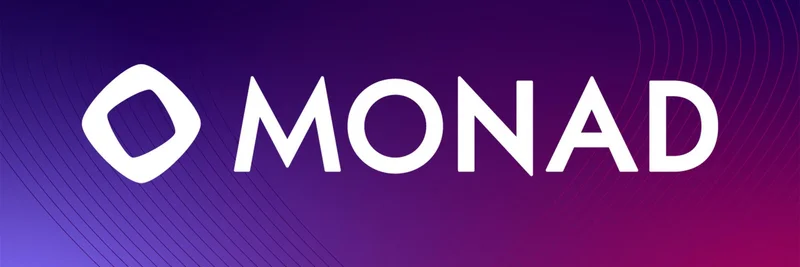In the wild world of meme coins, where fortunes flip faster than a Shiba Inu chasing its tail, personal security—or opsec, short for operational security—has become a hot topic. A recent tweet from @basedkarbon captures this tension perfectly, sparking laughs, nods, and a bit of eye-rolling across the community.
The tweet quotes @itszore, who suggests it's no big deal to hold off on sharing location-revealing content for a week, adding that you're probably safe anyway. @basedkarbon fires back: "Broccoli haired scammers can walk around LA on live but I need to wait a week before posting long range views from a rural mountain." It's a snappy jab at the double standards in crypto circles, where flashy influencers stream their lives without a care, while everyday traders get lectured on caution.
For those new to the lingo, "broccoli haired scammers" likely pokes fun at certain crypto personalities sporting that trendy, curly high-top fade—think of it as the hairstyle equivalent of a rug pull waiting to happen. These folks often hype meme tokens on live streams from bustling spots like Los Angeles, flaunting their gains and sponsorships. Meanwhile, someone like @basedkarbon, who's just sharing scenic shots from a remote hike, faces warnings about potential doxxing risks. Doxxing means exposing someone's personal info online, which in crypto can lead to real-world threats, especially if you've scored big on volatile meme coins like Dogecoin derivatives or the latest frog-themed pump.
This exchange highlights a broader debate in the meme token ecosystem. Meme coins thrive on community hype, viral tweets, and rapid trades, but success often paints a target on your back. High-profile traders with seven-figure portfolios—whether from smart bets on tokens like PEPE or savvy plays in DeFi—worry about kidnappings or hacks. Replies to the tweet echo this mix of paranoia and pragmatism. One user notes the fear around doxxing has gone overboard, while another admits streamers might not have massive holdings but still cash out gains without worry.
Why does this matter for meme coin enthusiasts? In a space where anonymity is king (hello, pseudonymous wallets), balancing online presence with safety is key. Tools like VPNs, burner accounts, and delayed posting help maintain opsec without killing the fun. But as @basedkarbon points out, if influencers with sponsor deals and big trades can roam freely, why the extra caution for a mountain pic? It's a reminder that in meme coins, perception often trumps reality—scammers project invincibility, while genuine players play it safe.
If you're deep in meme tokens, threads like this are gold for gauging community sentiment. They reveal how opsec evolves with market cycles: during bull runs, risks feel amplified as portfolios swell. For blockchain practitioners, it's a nudge to build knowledge on secure practices, from hardware wallets to social media hygiene. Check out resources like the Crypto Security Guide on Binance Academy for starters.
Ultimately, this tweet isn't just banter—it's a snapshot of the meme coin mindset, where humor masks real concerns. Whether you're karbonpilled or just dipping toes into the next viral token, staying informed on opsec could save your stack. Keep an eye on Twitter for more; the drama never sleeps.


